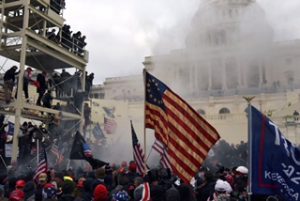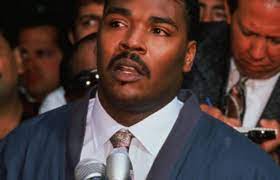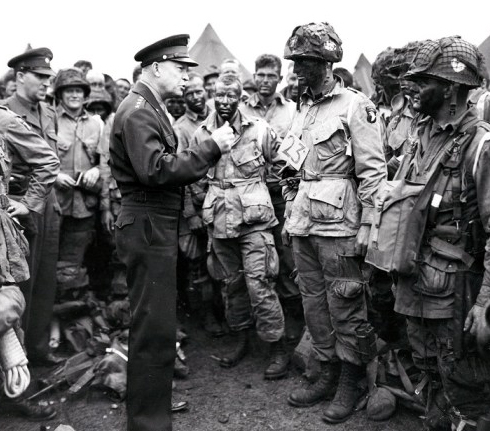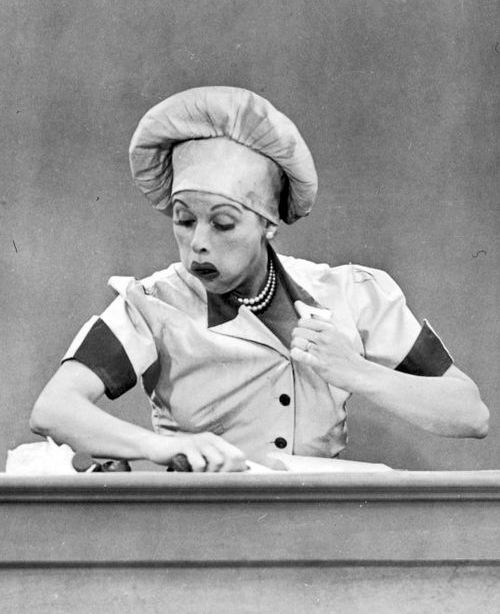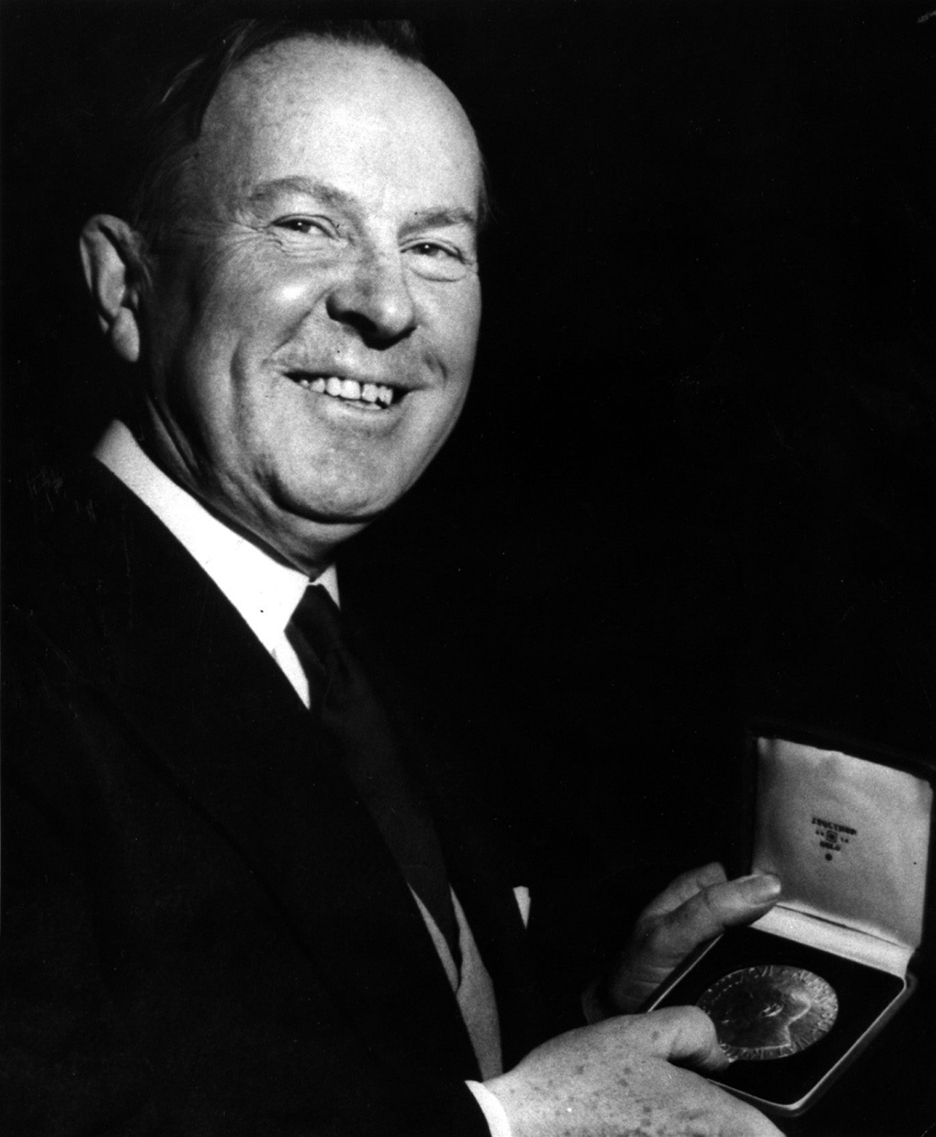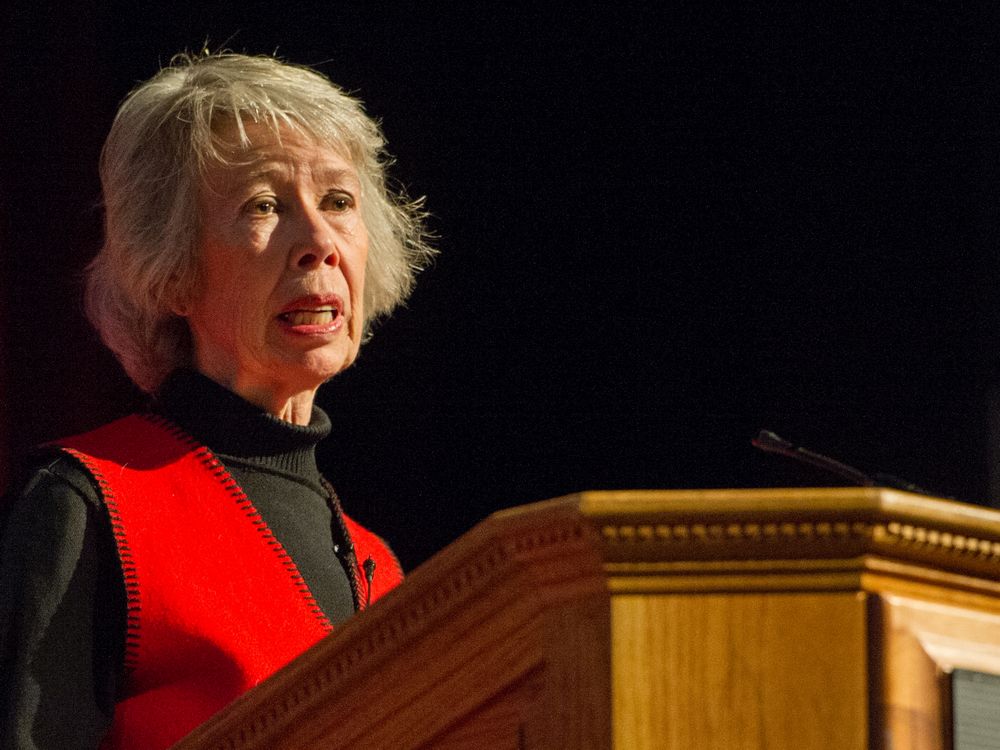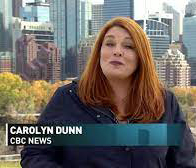
Until last weekend, I’d become kind of blasé to the words of protest and counter-protest. Every day, I’d read the latest on the demonstrations at Parliament Hill and the border crossings and winced at the deadlock and rhetoric. And, as I pointed out last week, I feared for wider freedom being trampled.
But a TV news story the other night stopped me in my tracks. Carolyn Dunn, CBC’s Alberta reporter, stood adjacent to flashing police cruiser lights, and parked semi-trailer trucks near Coutts, Alta., reporting but also looking over her shoulder anxiously.

“Things remain tense for citizens and the media,” Dunn said in her report. She went on to say that some of the demonstrators had directed abusive language at her and other reporters. In other words, in a weirdly Trumpian way, media not just mandates, had become the enemy. And Dunn said she felt uncomfortable having to hide who she was from strangers. “We’ve been told to be careful.” (more…)

